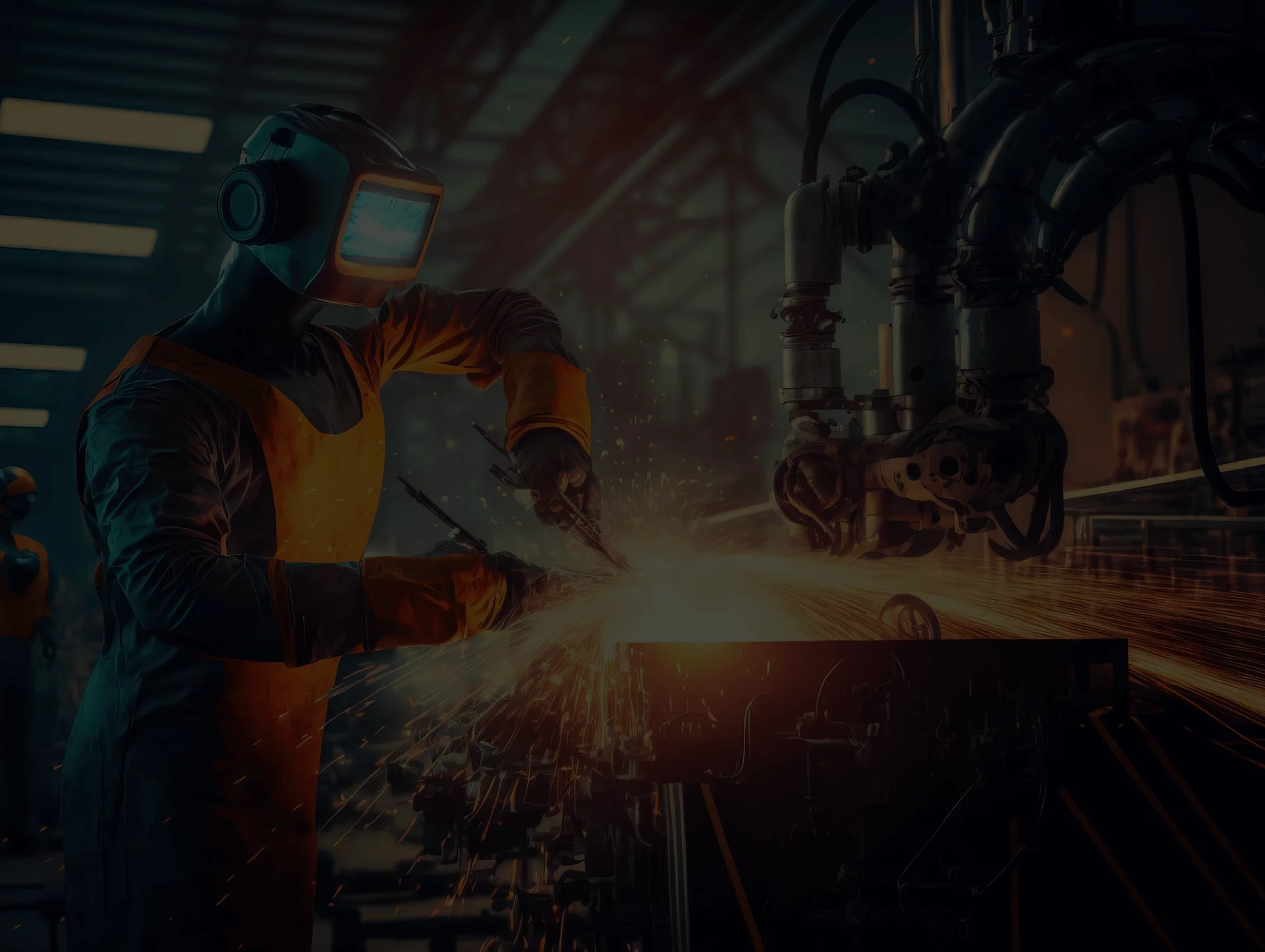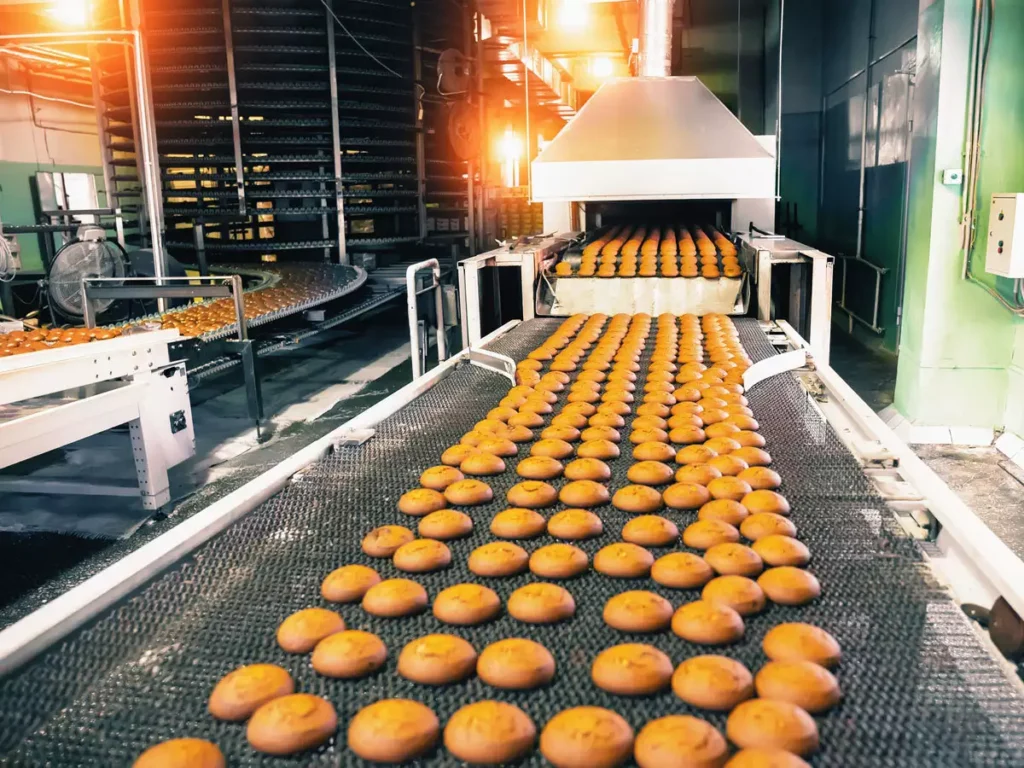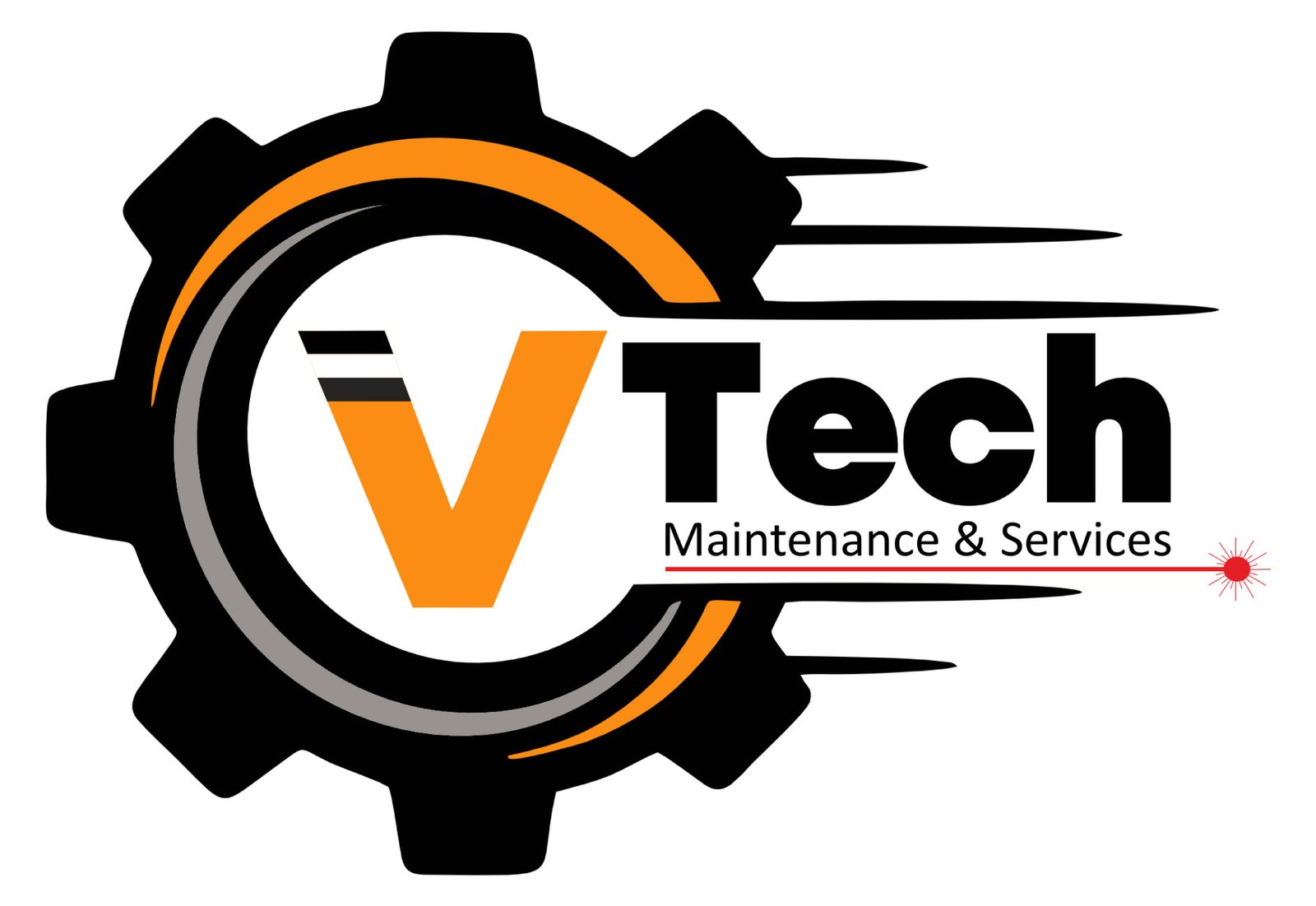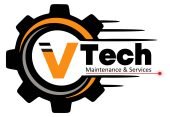

Food Industry
Food Industry
In the food industry, precision alignment is critical for ensuring efficient, hygienic, and reliable operation of processing and packaging machinery. Misalignment in equipment can lead to inconsistent product quality, mechanical failures, contamination risks, and increased downtime. Here’s how laser shaft alignment, geometrical alignment, and belt alignment benefit food processing and packaging plants:

1. Laser Shaft Alignment
Purpose: Ensures precise alignment of rotating shafts in food processing equipment such as mixers, pumps, conveyors, and refrigeration compressors.
Benefits:
Applications in the Food Industry:
Mixers and blenders: Ensures smooth operation and uniform mixing of food ingredients.
Pumps (milk, juice, sauce, water): Prevents leaks and maintains hygiene standards.
Refrigeration compressors: Ensures proper cooling of perishable products.
Packaging machines: Improves sealing and product consistency.
2. Geometrical Alignment
Purpose: Ensures proper positioning of food production machinery by checking flatness, straightness, perpendicularity, and parallelism
Types of Geometrical Alignment:
Conveyor alignment: Ensures smooth material transfer and reduces product wastage.
Packaging machine alignment: Improves sealing accuracy and prevents misfilled packages.
Oven and fryer alignment: Ensures even heating and consistent product quality
Cutting and slicing machine alignment: Improves precision and reduces material waste.
Benefits:
Applications in the Food Industry:
Baking ovens & fryers: Ensures even cooking and consistent texture.
Filling and sealing machines: Prevents package leaks and maintains food freshness.
Meat and vegetable slicers: Ensures accurate cuts for uniform portioning
Bottle and can labeling machines: Prevents misalignment in branding and packaging.
3. Belt Alignment
Purpose: Ensures pulleys and belts in belt-driven food processing systems are properly aligned to improve power transmission and prevent premature wear.
Benefits:
Applications in the Food Industry:
Conveyor belts for material transport: Reduces product spillage and ensures consistent flow.
Cooling and ventilation fans: Maintains temperature control in processing and storage.
Mixers and agitators: Ensures even blending of ingredients.
Grain and flour mills: Prevents overheating and ensures consistent grinding.
Why Alignment is Critical in the Food Industry?
1. Ensures Product Quality & Consistency: Proper alignment reduces variation in food texture, size, and appearance.
2. Prevents Equipment Failures & Downtime: Misalignment leads to breakdowns, disrupting production schedules.
3. Improves Hygiene & Food Safety: Reduces contamination risks from mechanical failures or lubricant leaks.
4. Optimizes Energy Efficiency: Reduces power losses due to excessive friction and misaligned components.
5. Extends Equipment Life: Proper alignment prevents premature wear and tear on critical machinery.







